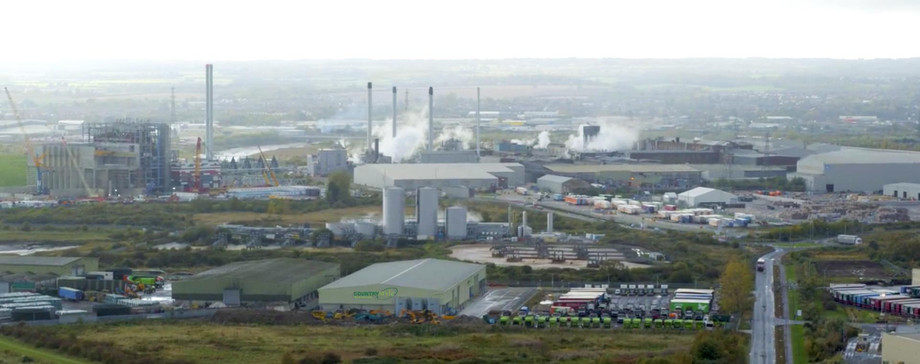Introduction: when we think of waste, we think of the multiple forms it comes and how to get rid of it. Waste to most people may spell something of little or no value. Something that occupies space and leads to the wastage of resources, space, and time. And yet, in the modern context, waste has come to be associated with the potential to create value. But it needs proper knowledge and handling to gain any benefits from the waste. Today, waste collection and management is a big industry producing several products and creating employment for many. So, what are the common waste management and recycling methods used? Let's find out more below.
Major Types of Waste Management and Recycling
(a). Waste collection
(b). Food waste collection
(c). Wood Recycling
(d). Plasterboard Recycling
(e). Dry mixed Recyclables

Why Waste Collection Is Vital and Matters
(a). Protect the environment and promote healthy, sustainable living.
For several decades there has been a depreciation in the ozone layer, an increase in greenhouse gases, higher carbon emissions and footprint, and global warming. The quality of life has fallen due to poor air quality across heavily populated cities and towns. Unrecycled waste has accumulated across several nations. Waste management and recycling bring a glimmer of hope and breakthrough with sustainable disposal methods that generate employment and save the environment.
(b). Lower production costs by repurposing waste into other products
When old products are reused, it reduces production costs in the long run. That is because there's no need for fresh raw materials to process new products. The old products provide the manufacturing materials.
(c). Promote sustainable use of natural resources
Some resources aren't replaceable immediately, and some are forever. That can be seen from the depleted minerals and vegetation. Recycling and waste management help by repurposing old products for new uses. That reduces pressure on the exploitation of natural resources.
(d). Preserve delicate natural habitats
Several animals, plants and marine life have either been lost or are on the verge of extinction. It has all happened due to how humans treat the planet. Without any other route but to use resources rationally, waste management helps control and maybe reverse some of the damage already done.
(e). It's an Ethical Responsibility
As humans live on this planet with other animal and plant species, it calls for ethical methods that don't endanger their survival. Recycling and waste management is the most sustainable way to ensure all species are protected.
How Does Proper Waste Management Impact the Lives?
(a). It provides income sources for those directly and indirectly attached to the sector.
(b). It revives natural habitats crucial to human survival and existence.
(c). It rehabilitates damaged areas and gives the soils, waters and other waste-flooded areas chances to 'breathe' and 'exist'
(d). It has proven to be a renewable energy source vital to communities and societies.
(e). It provides secure, healthy, and sustainable ways of life.
Summary: a waste collection and management solution is always aimed at simplifying the current waste disposal methods. Whether organic or recycling waste management, sustainability is built into each method.
For More Info :- School Waste Management
Commercial Waste Collection Kent





Comments